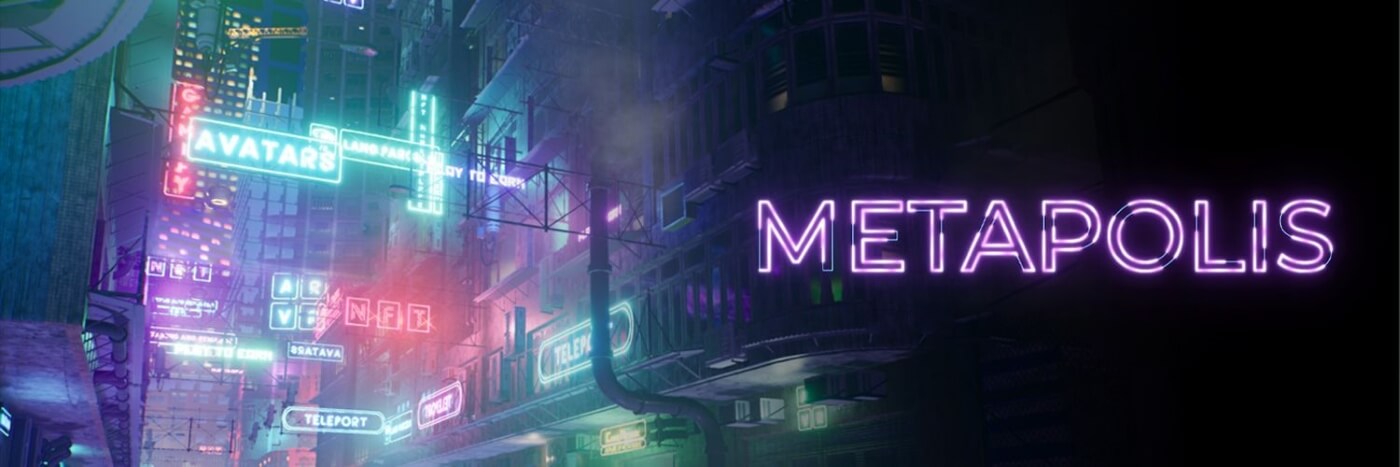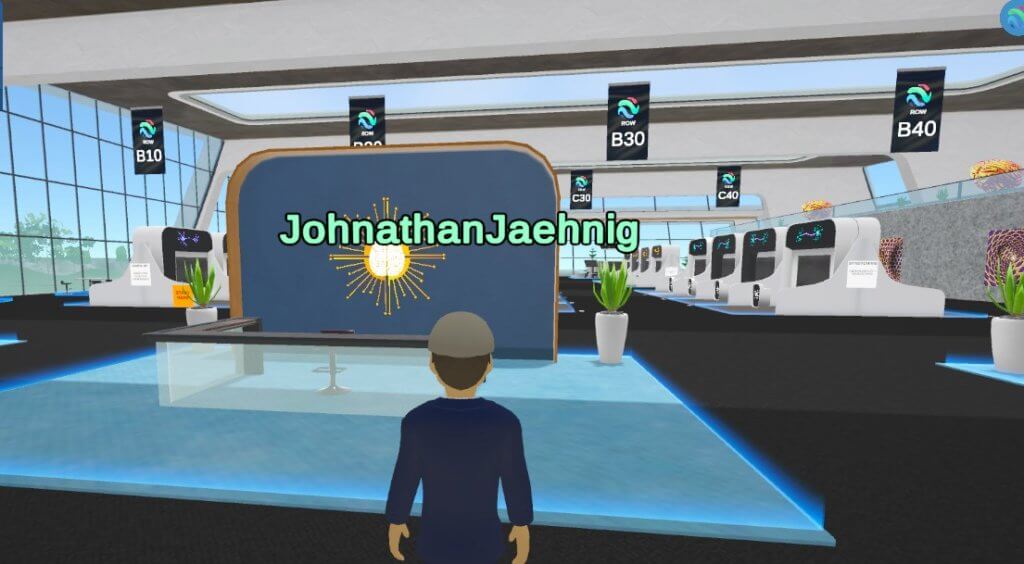Lowe’s Opens 3D Product Library to Metaverse Developers
In the past 100 years, Lowe’s has transformed from a small-town hardware store to a large-scale retailer of building and home improvement products. Now a giant in the industry, it is at the forefront of home improvement, serving millions of customers across the United States and Canada. It is also delivering trailblazing solutions that help metaverse developers and enhance customer experience within and beyond the home improvement industry. From the Real World Into the Metaverse The company’s growth is propelled by its relentless pursuit to constantly meet the changing demands of its consumers. To adapt to the digital shift, Lowe’s leveraged modern technologies to deliver personalized digital experiences to its customers. Lowe’s Measure Your Space and Holoroom How To use augmented and virtual reality to enhance the home improvement and shopping experience. Now, Lowe’s is extending the same support it has given its customer builders in the real world to










